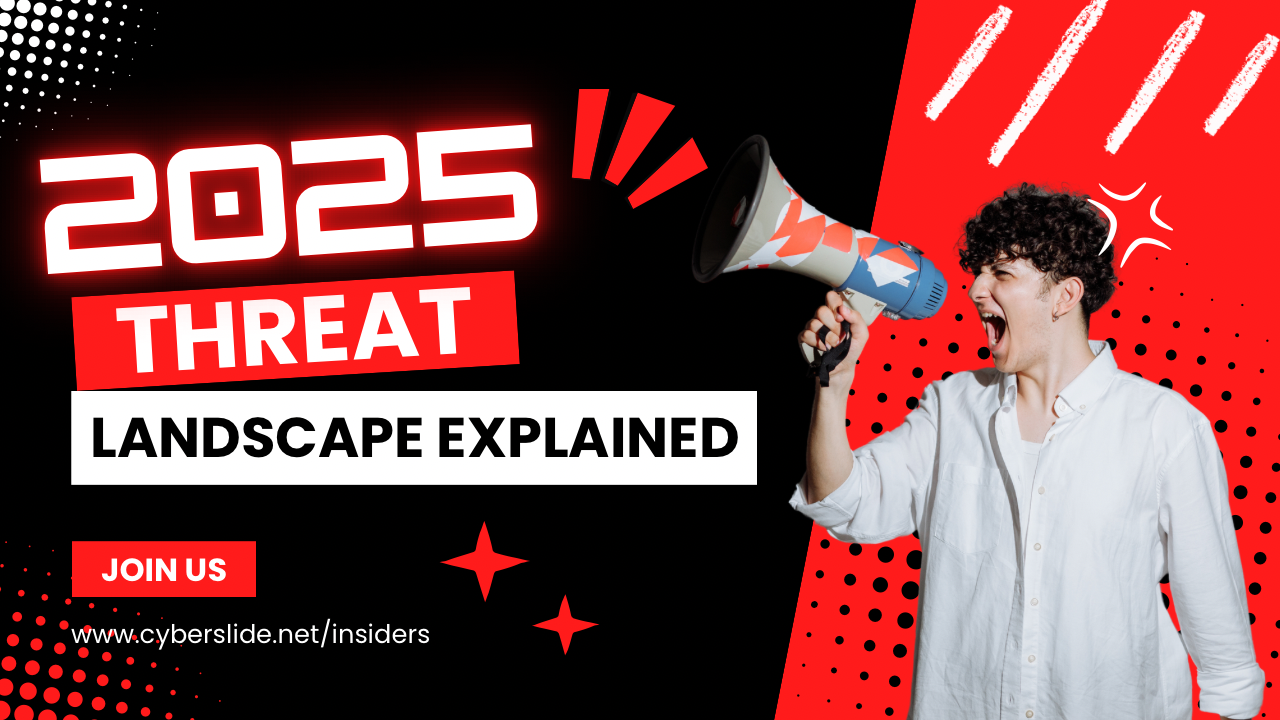2025 Cyber Threats: Key Insights from CrowdStrike’s Latest Cybersecurity Report
Hey there, fellow digital defenders! Today, I want to chat about something that’s keeping security professionals up at night.
the ever-evolving world of cybersecurity threats.
I’ve been digging into CrowdStrike’s freshly released 2025 Global Threat Report, and let me tell you, it’s quite an eye-opener!

What’s New in the 2025 Cyber Threats Landscape?
So, what’s changed since last year? Well, the bad guys aren’t just getting more intelligent. They’re getting faster.
Breakout time (security-speak for how quickly attackers move from their initial entry point to spreading across your network) is shrinking dramatically.
While grabbing your morning coffee, an attacker could move through your systems laterally!
“The speed of today’s attacks means organisations need to detect and respond faster than ever before,” one CISO told me recently.
And the numbers from CrowdStrike’s report back this up completely.
Nation-State Hackers Have Their Eyes on Your Business
Remember when nation-state hackers only targeted government agencies? Those days are long gone, my friend!
Countries like Russia, China, North Korea, and Iran have dramatically expanded their targeting to include businesses of all sizes.
And they’re not just after defence contractors anymore. They’re targeting:
– Healthcare organisations with valuable research
– Financial institutions managing critical transactions
– Manufacturing companies with intellectual property
– Even retail businesses with large customer databases
“We’re seeing companies that never thought they’d be targets of nation-states suddenly finding themselves in the crosshairs,” a security analyst explained last week.

Ransomware Gangs Have Upped Their Game
Let’s talk ransomware; it’s not just about encrypting files anymore.
Today’s ransomware operators are running sophisticated criminal enterprises with multiple pressure points:
“First they steal your data, then they encrypt it, then they threaten to publish it, and if that’s not enough, they’ll DDoS your website and call your customers directly,” as one incident responder colourfully put it.
The ransomware-as-a-service model has made these attacks accessible to practically anyone with criminal intent.
You no longer need technical skills, just a willingness to pay for access to these criminal tools.

Your Identity Is the New Security Battleground
With many of us working remotely, identity has become the critical security perimeter.
And guess what? Attackers have noticed.
You’re not automatically safe even if you’ve implemented multi-factor authentication (MFA).
Attackers are using increasingly clever techniques to bypass MFA:
– Social engineering to trick users into approving authentication requests
– Technical exploits targeting authentication systems
– AI-assisted attacks that can mimic legitimate behaviour
“Having an MFA is essential, but it’s not a silver bullet,” a security expert reminded me during a recent conference.

How to Shield Your Business in 2025
So what can you DO about all this? CrowdStrike’s report highlights several practical strategies:
Embrace the 1-10-60 Rule
Can your team detect threats within 1 minute, investigate within 10, and remediate within 60? This benchmark helps measure the effectiveness of your security operations.
Implement Zero Trust (For Real This Time)
“Never trust, always verify” isn’t just a catchy security slogan—it’s necessary in 2025.
Users, devices, and connections should be verified before accessing your resources.
Get Proactive with Threat Hunting
As one threat hunter told me, “Don’t wait for alarms to go off. By then, it’s often too late.”
Actively search for threats that might already be lurking in your environment.

AI: The Double-Edged Sword of Cybersecurity
Here’s where things get interesting! AI is transforming both defence and offence in the cybersecurity world.
On one hand, security teams are using AI to detect anomalies and respond to threats faster than humanly possible.
On the other hand, attackers use AI to craft more convincing phishing emails and efficiently identify vulnerabilities.
“It’s like an arms race where both sides keep getting more sophisticated tools,” one AI security researcher explained.
Building a Security-First Culture
The most resilient organisations don’t just have great technology. They have security baked into their culture. This means:
– Getting executive leadership involved in security decisions
– Running regular simulations of different attack scenarios
– Making security awareness training engaging and relevant
– Creating clear incident response procedures that everyone understands
“Technical defences will always have gaps,” a CISO friend told me recently.
“Your people are both your biggest vulnerability and your strongest defence.”

Let’s Stay One Step Ahead Together
The cybersecurity landscape will continue to evolve as we navigate through 2025.
However, we can protect what matters most by staying informed about the latest threats and implementing innovative defensive strategies.
I’d love to hear about your experiences!
Have you faced any of these emerging threats?
What defensive strategies have worked best for your organisation?
Drop a comment below or reach out directly. let’s learn from each other and stay ahead of the bad guys together!

What cybersecurity questions keep you up at night? Let me know, and I might address them in my next post!

